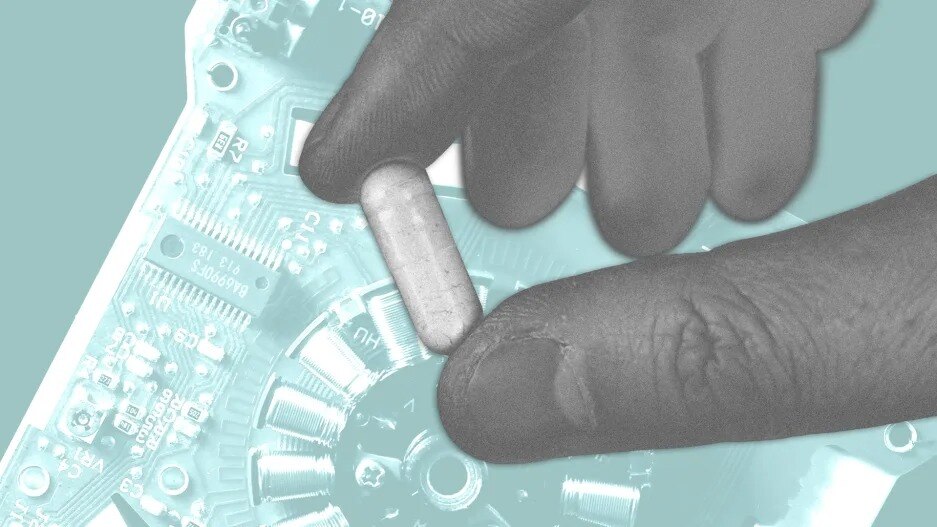- | 10:00 am
Three barriers that can slow AI’s potential in pharma
The pharma industry must improve insights to use AI effectively and benefit patients.

As we enter the new year, the latest developments in artificial intelligence hold the promise to transform almost every aspect of drug R&D. Our ability to access large datasets, rapid increases in computing power, and more precise algorithms are transforming end-to-end drug discovery. It will impact how we identify new targets and validate them, lead generation, patient identification, and how we design clinical trials and real-world data. We can anticipate vast improvements in clinical trial timelines and cost. All of these will work to improve patient outcomes with faster access to new breakthroughs.
But there are important barriers that could impede AI’s potential. The pharmaceutical industry needs to challenge existing attitudes and behavior, adapt to lessons learned, and improve insights that will enable us to use AI ethically and safely. Recognizing possible weaknesses and taking proactive measures are key as the technology begins to take hold. There are three pivotal areas the industry needs to focus on in the new year:
MOVING TOWARD A MORE OPEN ECOSYSTEM
We first need to tackle how we interact with the innovation ecosystem. Pharmaceutical companies generate large datasets based on their preclinical and clinical trials data. Interacting with innovative startups and their specific AI functions further optimizes data generation and analysis, and capabilities are increasing rapidly. The average funding round size for startups in the sector has increased from $10.7 million in 2015 to $51.7 million in 2020. Traditionally, collaborations are licensing in a specific technology or focused on a siloed project team, but to be effective, startup activities need to be better integrated into in-house teams. Closer integration is essential to truly embedding AI into the discovery process and as a core transformative tool.
LEVERAGING FEDERATED DATA AND PROTECTING PRIVACY
Working closely with specialty medical centers who hold huge patient datasets is critical. However, for reasons of privacy and increasing cybersecurity threats, hospitals are reluctant to transfer data outside their system. This can be overcome by trending toward federated data. Decentralized data analysis provides the ability to train machine learning models at scale across multiple medical institutions without pooling data, increasing privacy. Only the algorithms are shared centrally while the data is never transferred. Institutions can keep their data on site but allow researchers to pool the data for purposes of analysis, paving the way for these previously unattainable but crucial insights to push medicine to new heights.
ADDRESSING UNINTENTIONAL BIASES
Achieving a diverse balance in clinical trials is key to ensure AI and machine learning are able to train on existing patterns in the data that are truly representative of all people. It’s now widely recognized that there is insufficient participation by gender and race in many clinical trials. According to the Food and Drug Administration, in 2020, 75% of US trial participants were White, 11% were Hispanic, 8% were Black, and 6% were Asian. This compares to population data percentages of White 59.3%, Hispanic 18.9%, Black 13.6%, Asian 6.1%. On top of those numbers, disease characteristics can vary greatly by race, gender, and socioeconomic factors.
Given the lack of diversity representation in many clinical trials, AI-driven decisions may inadvertently draw false results. For example, location of clinical trial sites, patient enrollment, engagement quotas, and interpretation of termination data can be influenced by bias that exists in the database and ultimately skew patient outcome conclusions for certain subgroups. Digital twins, or virtual representations of patients that are generated from multimodal patient data, can help to power small samples to permit analysis of subgroups that are insufficiently represented. AI can then be trained on balanced patient databases, and then be confirmed with real-world data.
The pandemic showed the critical priority for AI in medical science to disclose information and work together globally. We can accelerate R&D progress with observations and discoveries that take place across the world, in every region.







































